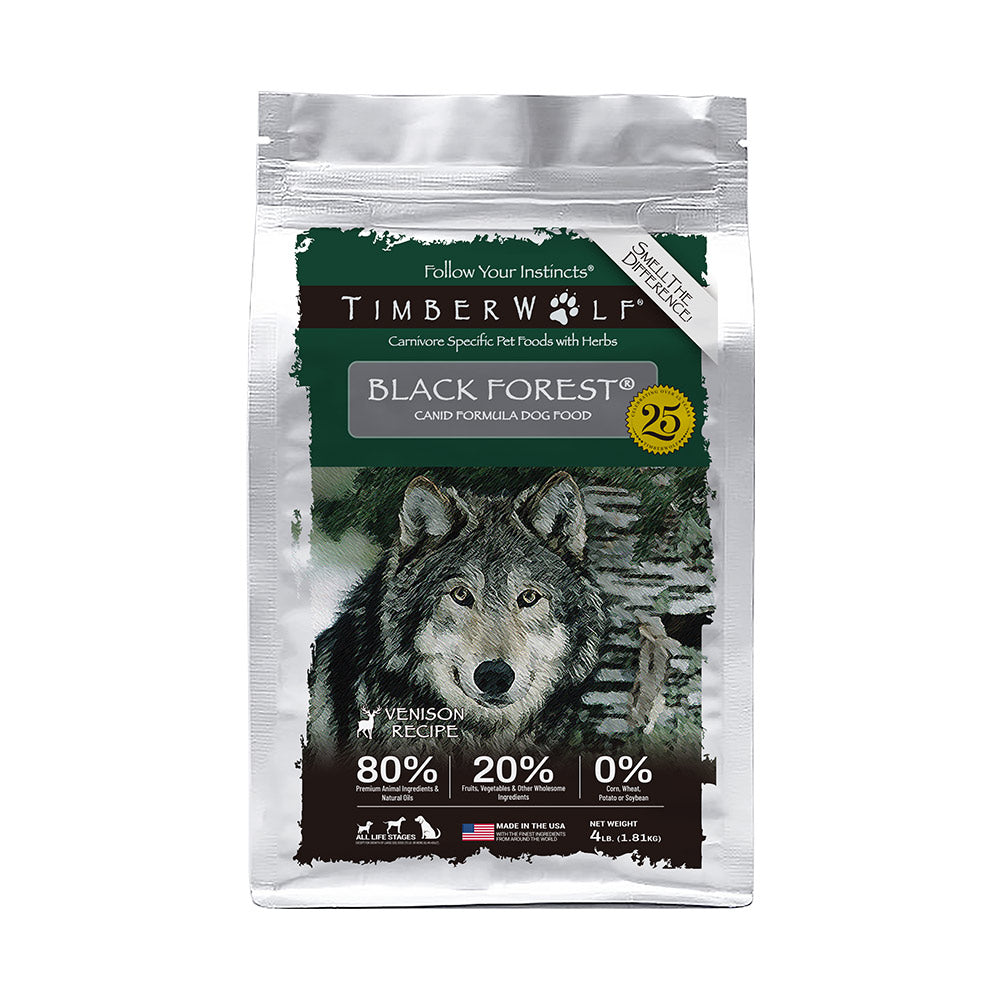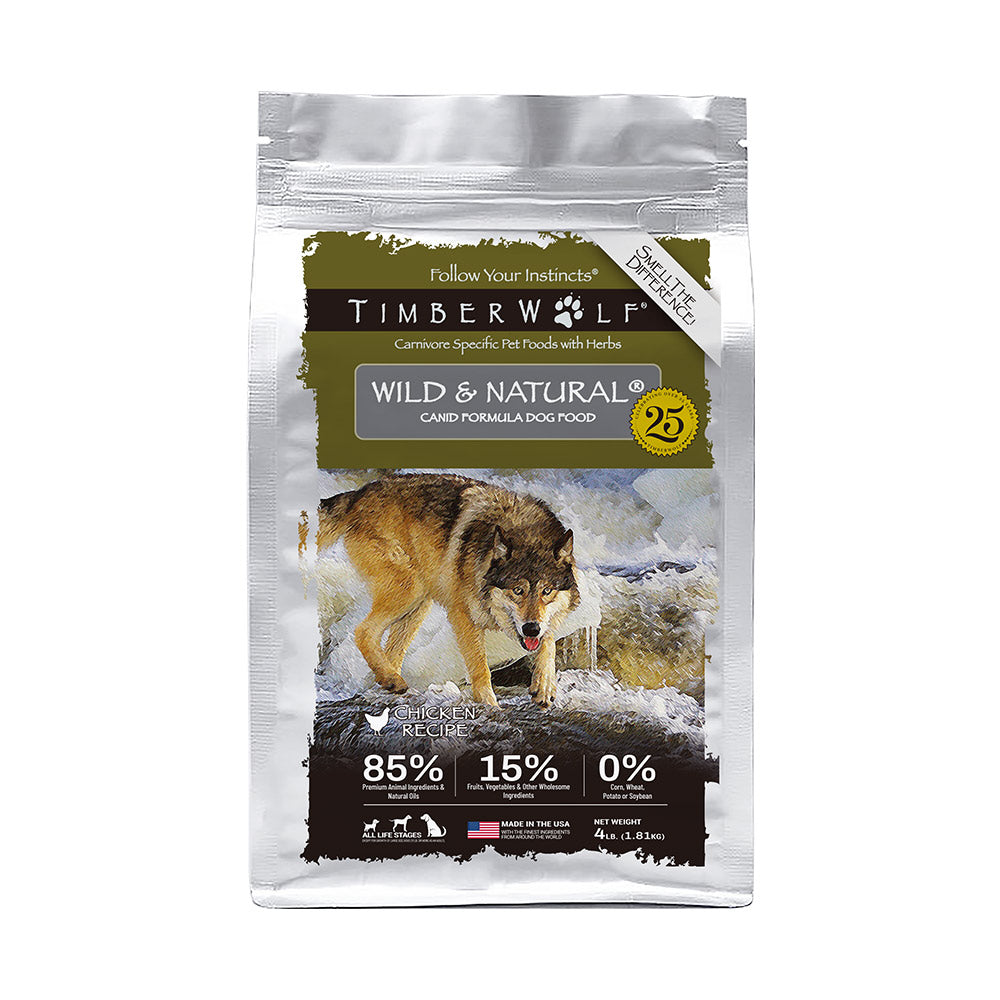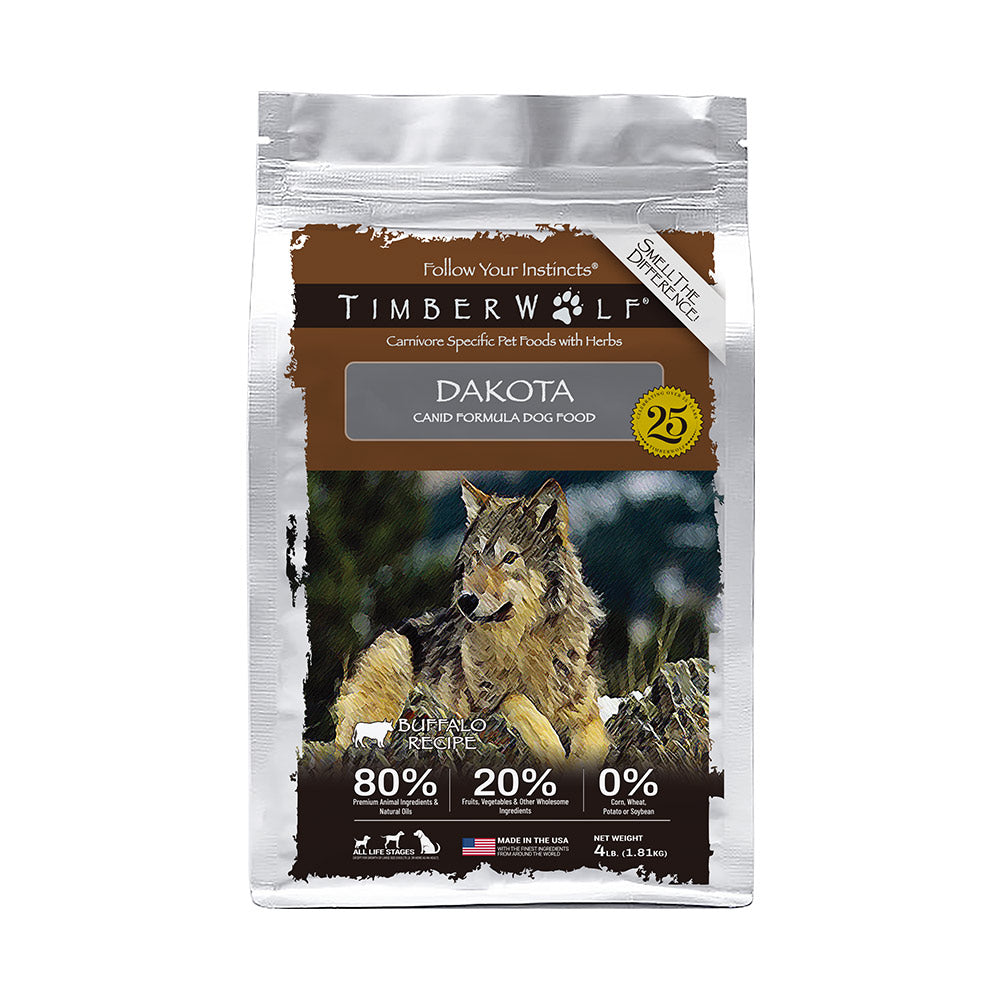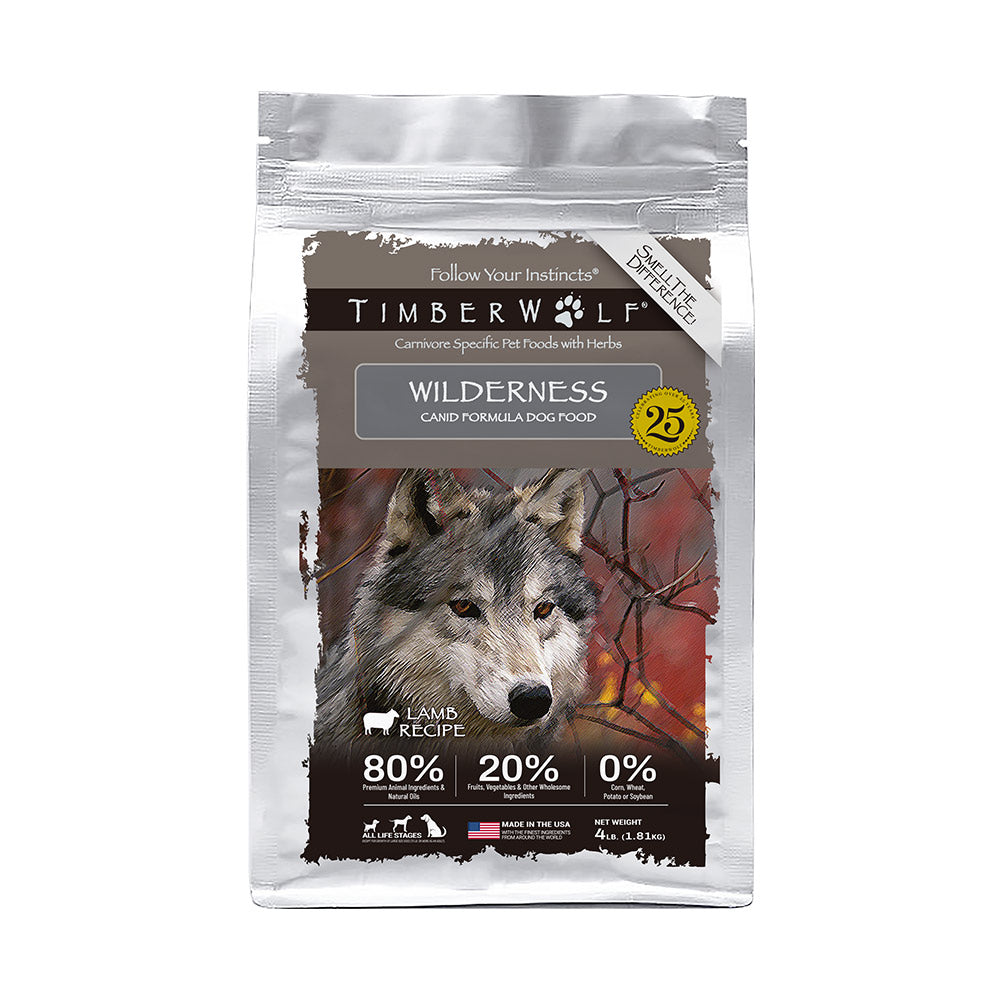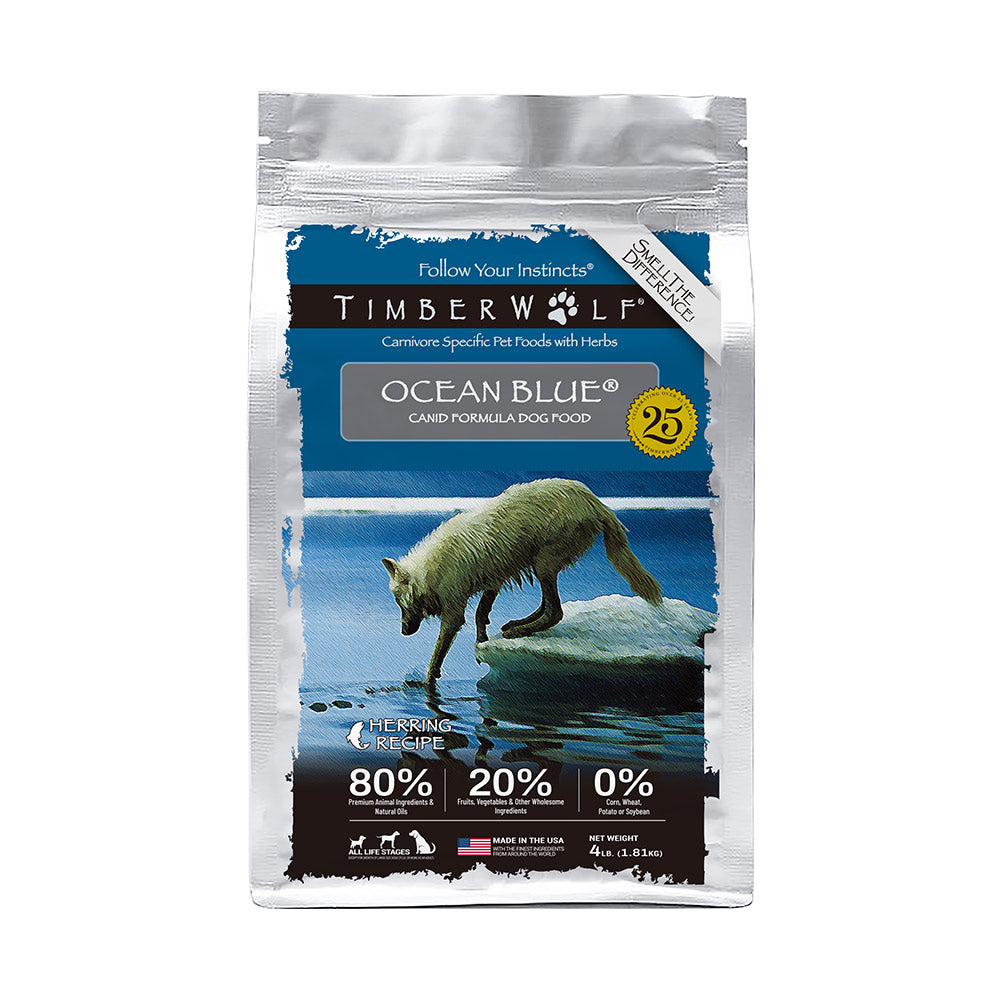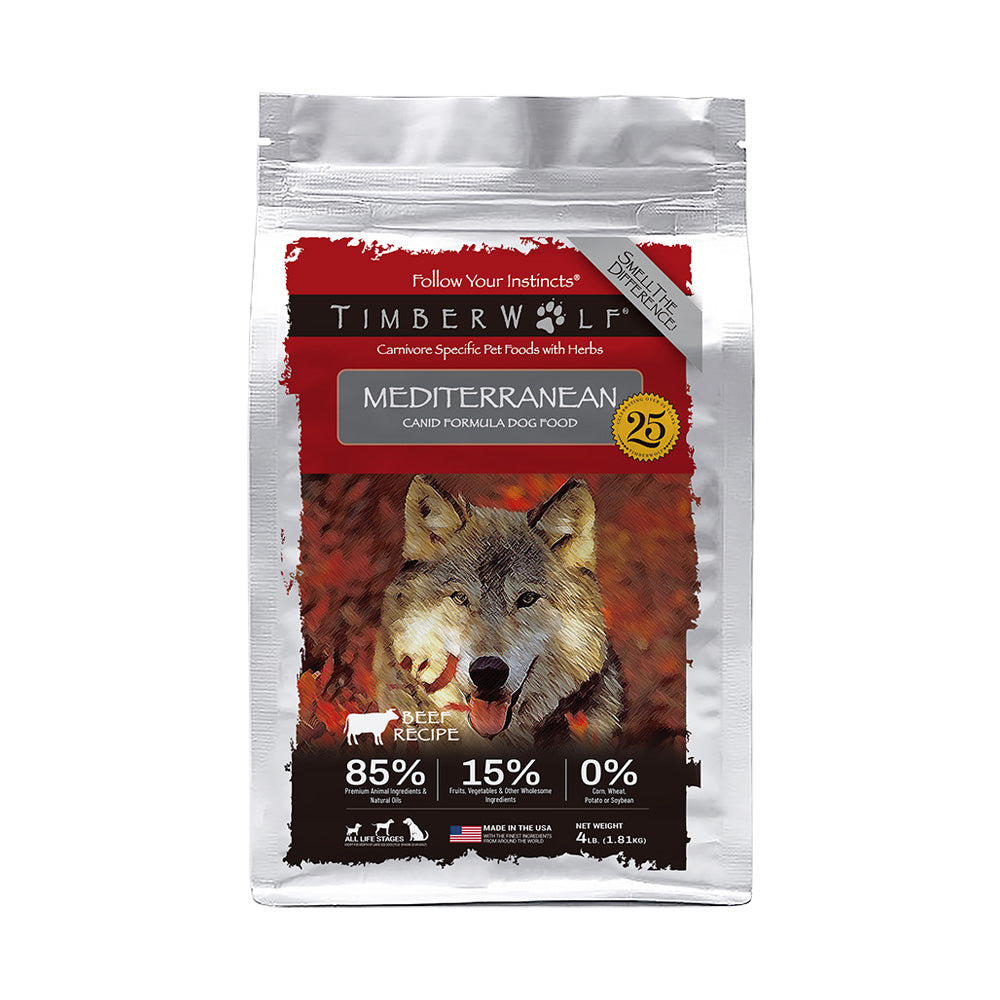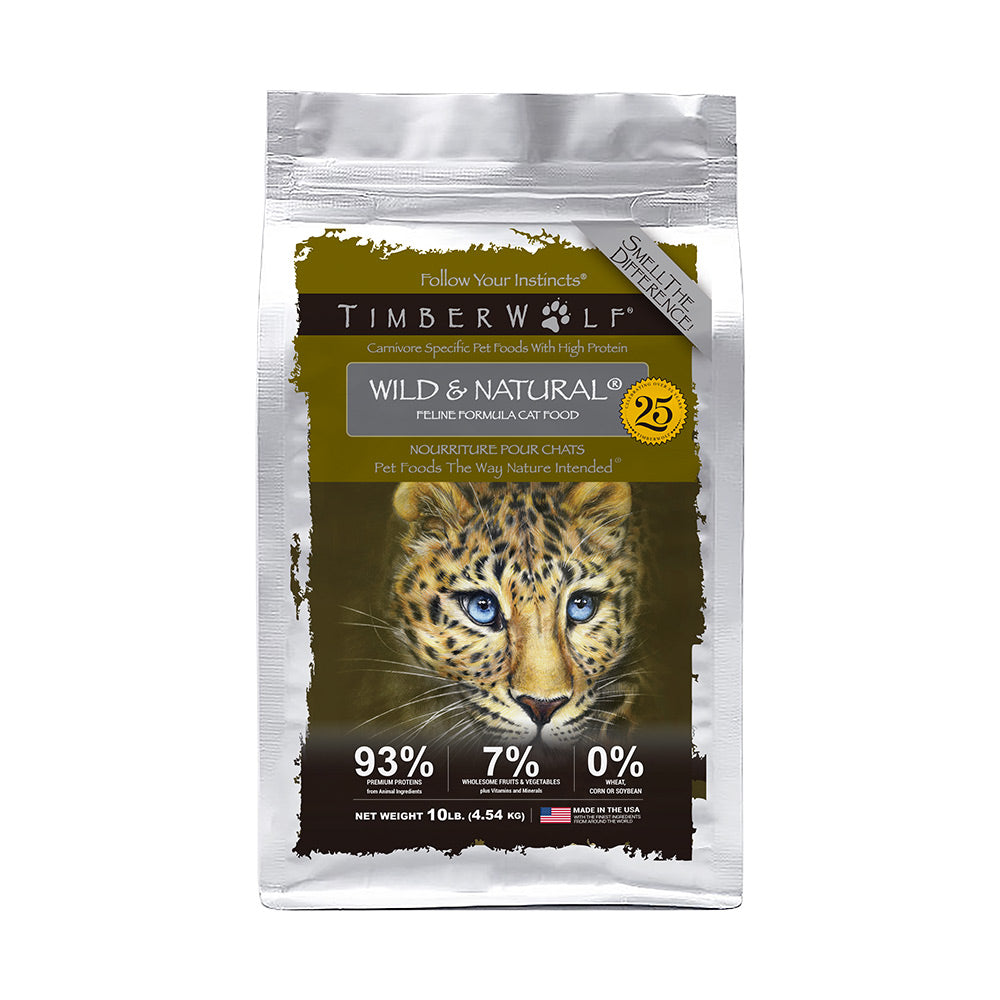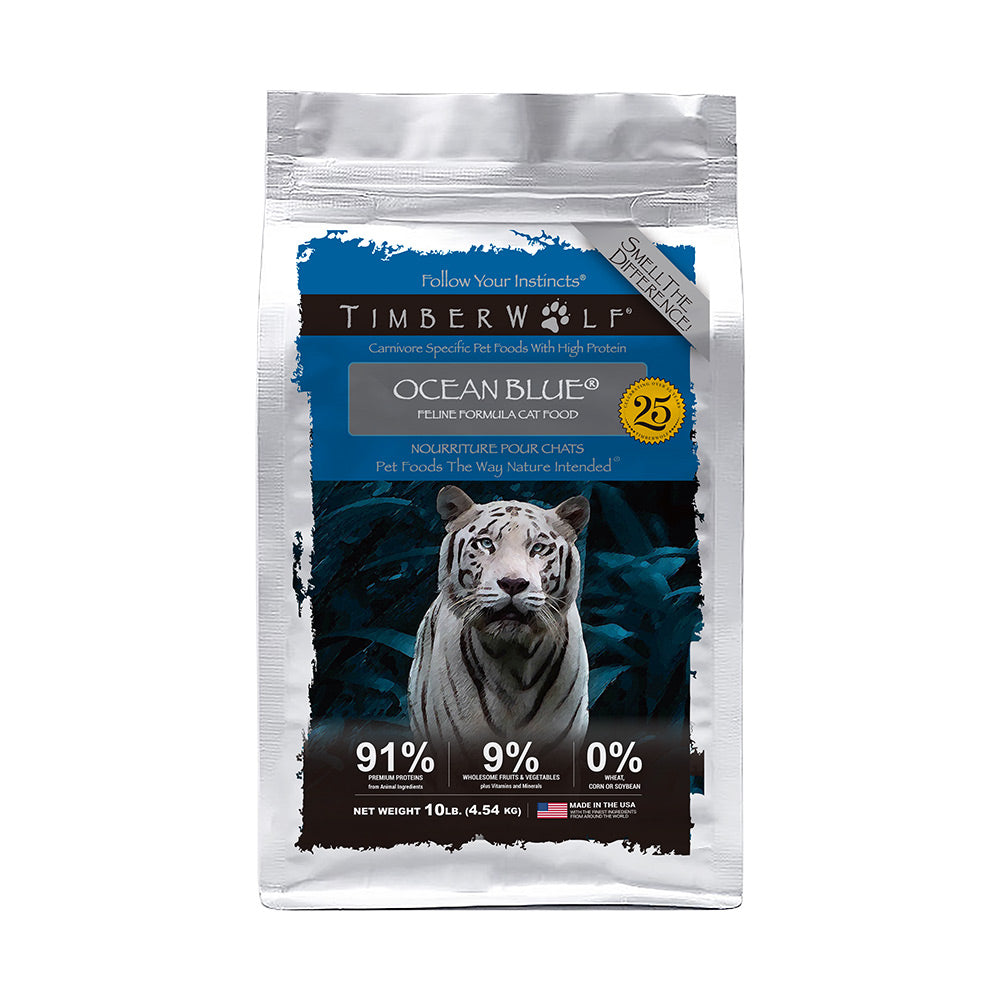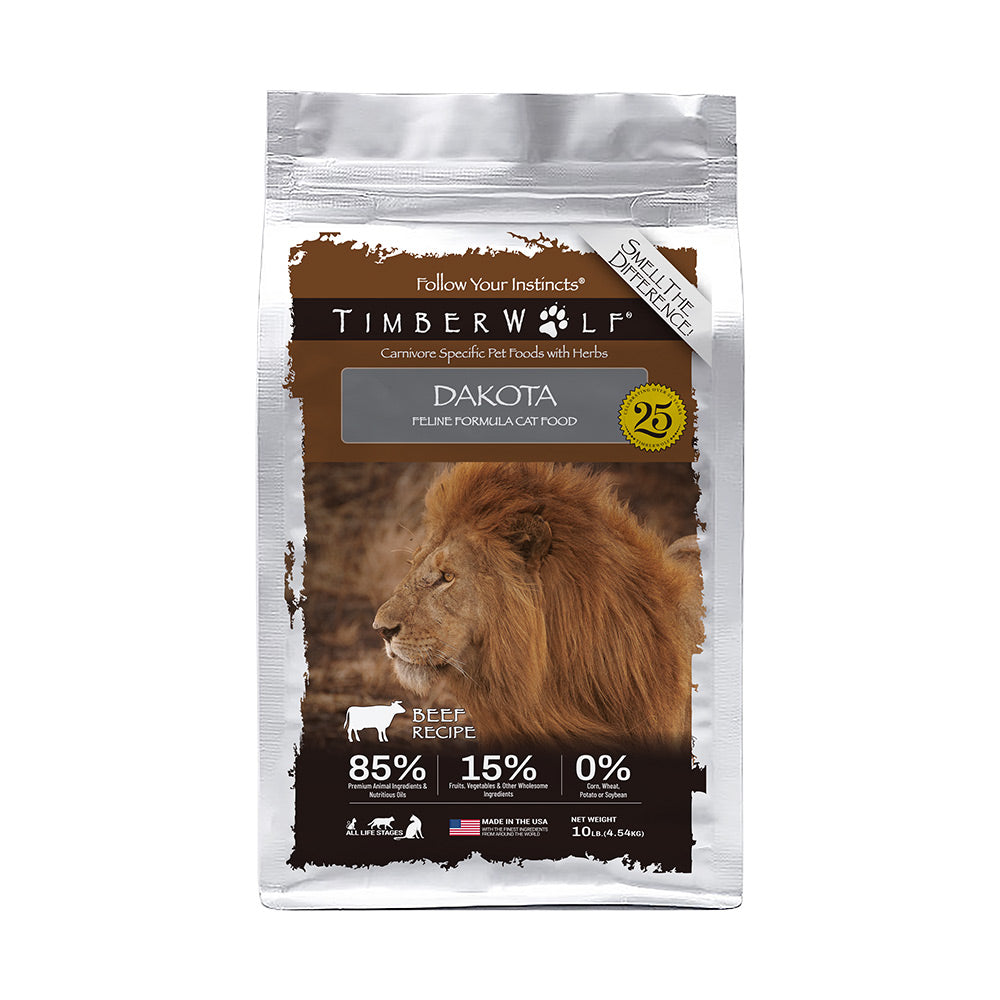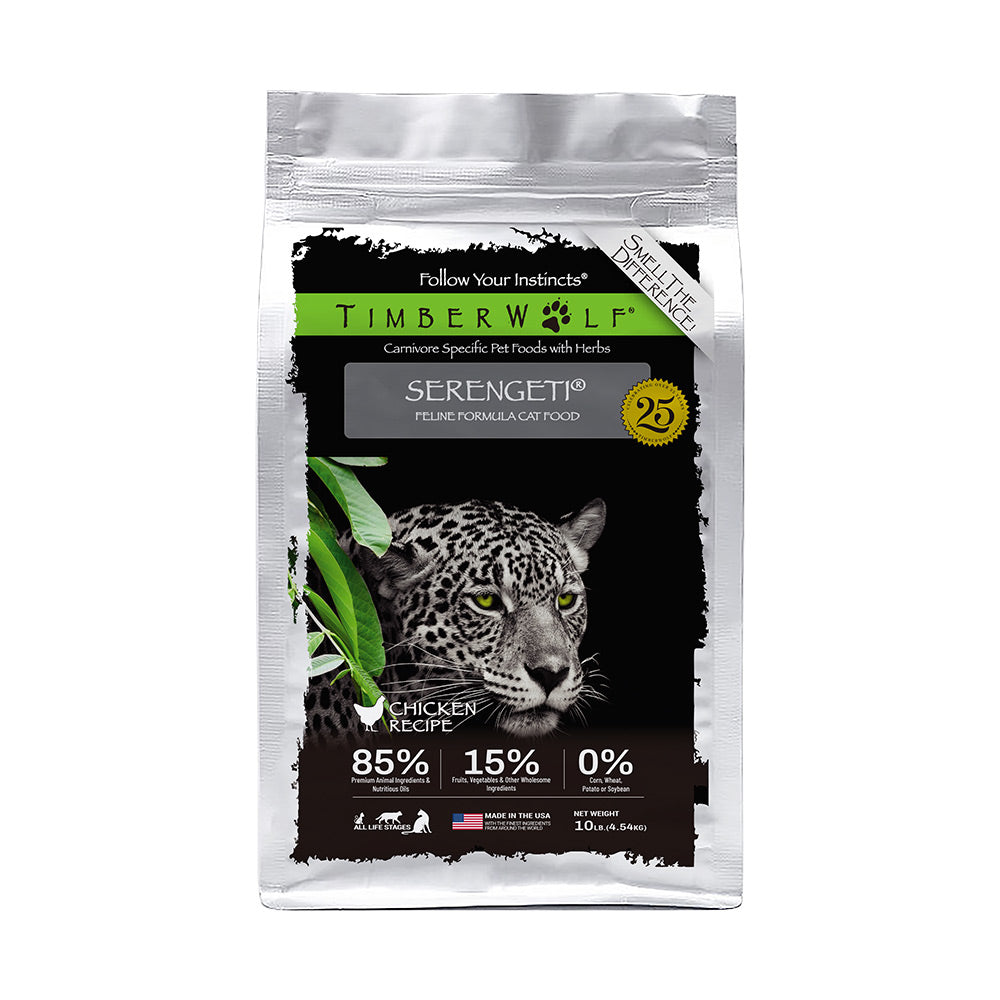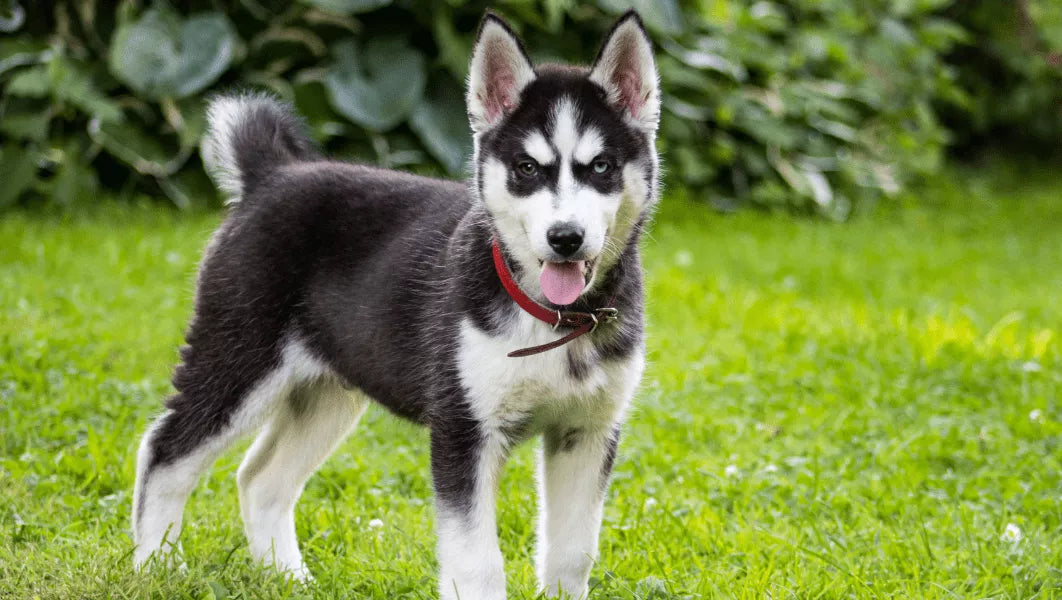
What Do Huskies Eat? Husky Diet Explained
Huskies are clever, fun, and adventurous dogs to own. They are known for their strength, speed, and stamina and require the right diet to ensure they can maintain their energy levels. Let’s find out what a husky needs from their diet, the best foods to feed and what to avoid. Is there anything they can eat besides dog food? And what do they eat in the wild?
What do Wild Siberian Huskies eat?
Husky dogs originated in Siberia, where the indigenous Chukchi people used them to pull sleighs and guard the land. In fact, the Husky is one of the oldest dog breeds in the world and was domesticated over 4000 years ago. They have lived for a long time alongside humans, but in the wild are opportunistic feeders, eating whatever is available to them from scraps and garbage to live prey. They have a strong prey drive and will hunt, kill, and eat small wildlife. They will also eat vegetation and wild fruits and the contents of herbivore stomachs (such as rodents and rabbits) to provide fiber and variety in their diet. However, Huskies living as a family pet have different requirements for their diet than those living in cold climates of Siberia or Antarctica – they are likely to be less active and be using fewer calories to keep warm.

Huskies are a large breed, active dog, however, they tend to require a relatively small amount of food compared to other dogs of a similar size.
What does a Husky need in their diet?
Huskies are a large breed, active dog, however, they tend to require a relatively small amount of food compared to other dogs of a similar size. The amount of food they need varies depending on their size, age, and activity levels. Regular exercise is essential for any Husky as they have a naturally slow metabolism and burning off energy stimulates their appetite.
There are many different feeding options for your husky including good quality commercial wet and dry foods, home-cooked diets, and raw foods. All well-balanced, nutritionally complete diets should contain some key components:
Protein
Huskies prefer a high-protein diet and get most of their protein from meat sources. Protein is essential for a healthy coat and skin, for muscle development, tissue repair, and as an energy source. Protein sources include meat such as chicken, beef, turkey, lamb, duck, and fish. Organs and animal by-products such as the heart, liver, kidneys, and lungs are also nutritious sources of animal protein. Some grains and oilseeds, such as soybeans, are also good protein sources.

Protein is essential for a healthy coat and skin, for muscle development, tissue repair, and as an energy source.
Fat
Fats and oils are a necessary part of a balanced diet for dogs. They are a concentrated form of energy that give dogs more than twice the amount of energy than carbohydrates and proteins do, essential for all that Husky energy! Fats also help maintain your dog’s cells, nerves, muscles, and tissues as well as aid the absorption of certain vitamins (the fat-soluble vitamins A, D, E, and K). Fats are made up of building blocks called fatty acids. The essential fatty acids are those that dogs require in their diet as their body cannot make them such as omega-3 and omega-6 fatty acids. Common sources of omega-3 fatty acids are fish oils (herring, salmon), flaxseed and canola oils. Common sources of omega-6 fatty acids are pork fat, chicken fat, sunflower, and vegetable oils.
Carbohydrates
Carbohydrates such as grains, potatoes, tapioca, and legumes are good energy sources for dogs. They are generally safe for huskies unless your dog has a known dietary intolerance. Whilst dogs have a mainly carnivorous diet and can get most of their energy from protein and fats, carbohydrates can be a great way to give your dog’s diet an energy boost.

Fruits and vegetables are also packed full of vitamins and minerals to keep your canine friend fit and healthy.
Fruits and Vegetables
Fruits and vegetables are a great source of dietary fiber which help maintain the health of your dog’s gastrointestinal system. Eating foods high in fiber can help prevent certain diseases such as diabetes, obesity, constipation, and colitis. Fruits and vegetables are also packed full of vitamins and minerals to keep your canine friend fit and healthy.
Huskies are generally easy-to-feed dogs. They are not fussy and do not have any specific breed-related dietary intolerances. They require a high-quality protein diet to maintain a healthy muscle mass and provide enough energy. Whilst supplementing your dog’s diet with home-cooked foods or human foods can provide variety and nutrition, a complete home-cooked diet is best avoided as it is unlikely to contain all the nutrients your canine friend needs. Your husky’s nutritional needs are likely to change with their activity levels, age, and life stage, and changes to their diet throughout their life may be needed.
FAQ
What are the best foods to feed a husky?
Huskies require a high protein, nutritious diet that provides enough energy for their active lifestyle and supports healthy muscle and bone development. There isn’t an agreement on a specific diet and many husky owners feed a combination of wet and dry dog foods, raw food, and home-cooked diets.
A husky’s diet can be supplemented with fresh meat such as chicken, beef, lamb, or fish. These are good sources of high-quality protein and can also be used as high-reward training treats. Vegetables such as broccoli, carrots, asparagus, and peppers as well as fruits such as bananas, blueberries, apples, blackberries, and apricots can be safely added to your husky’s diet to provide variety and ensure they receive essential vitamins and minerals.
What should huskies not eat?
Certain foods are potentially toxic to all dogs and should always be avoided when planning your husky’s diet. These include:
– Grapes, Raisins, and Prunes
– Chocolate
– Coffee
– Avocado
– Onions
– Garlic
– Citrus fruits or stoned fruits
Why do huskies eat their own fur?
There are several reasons why your dog may eat their fur. If you are unsure of the reasons or are concerned your dog is excessively grooming, then consult with your vet. Itchy skin diseases such as allergies or parasites could cause excessive grooming resulting in your dog chewing and eating fur. Boredom, frustration, or separation anxiety can also cause overgrooming. Whilst it is normal behavior for dogs to lick themselves clean and ingest some fur, excessive grooming or biting and chewing at their fur is not normal.
Why do huskies eat grass?
Eating grass is an instinctive behavior. Wild dogs and wolf ancestors display similar behaviors. Dogs need roughage in their diets and grass is a good source of fiber. It aids digestion and allows them to pass stools.
Why do huskies eat their own poop?
The scientific term for this less than savory habit is coprophagia. It is a less desirable trait of our canine friends and can be normal behavior or a sign of underlying illness. It can be a learned behavior that they repeat to gain attention or because they get some nutritional value from undigested matter. If it is new behavior and your dog is also showing signs of illness such as weight loss, vomiting, diarrhea, or a reduced appetite then seek veterinary advice.
- Choosing a selection results in a full page refresh.
